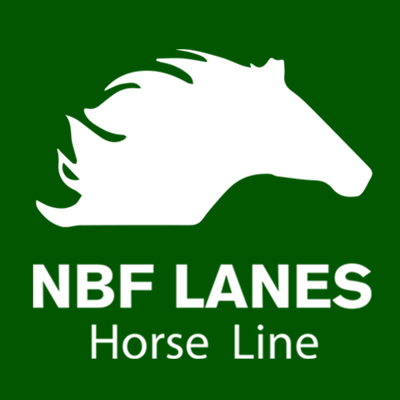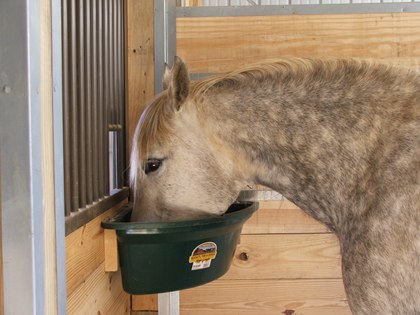Many owners provide their horses with omega-3 fatty acid supplements purported to support skin, coat, and hoof health; maximize joint health; manage behavior and cognitive issues; and even function as a natural insect repellent, among other perks. But little evidence exists in the equine literature to support its use in any of these roles.
So, C. Wayne McIlwraith, BVSc, PhD, DSc, FRCVS, Dipl. ACVS & ACVSMR, from Colorado State University’s Gail Holmes Equine Orthopaedic Research Center, and colleagues tested one of a commercially available omega-3 fatty acid supplement’s potential benefits: improving joint health. This project was part of a PhD program Trinette Ross, MS, conducted at the Orthopaedic Research Center.
“There is evidence that dietary omega-3 fatty acids, especially eicosapentaenoic acid (EPA) and docosahexaenoic acid (DHA), can suppress inflammation and in vitro evidence that they can inhibit aggrecanase, which is the critical enzyme involved in degrading proteoglycan in articular cartilage,” McIlwraith explained. “Therefore, omega-3 fatty acids might help manage horses with osteoarthritis or even prevent the development of osteoarthritis in horses.”
The team randomly separated 12 mares into two groups. All horses consumed a diet consisting of an oat/molasses grain mix and Timothy grass hay; the treatment group also received 40 grams of an omega-3 supplement. After 91 days, the researchers induced joint inflammation in all the mares by injecting one carpal (knee) joint with recombinant equine interleukin-1β. They measured various markers of inflammation and joint disease in blood and synovial fluid before and after the joint injection to assess the omega-3 supplement’s impact.
Key findings included:
- Supplementation with the omega-3 product increased EPA and DHA levels in blood and synovial fluid;
- The recombinant equine interleukin-1β injection successfully induced an inflammatory response (synovitis) in the carpus;
- There was no difference in the levels of most inflammatory mediators or markers of joint disease (including prostaglandin E2, matrix metalloproteinase-1 and -13, cyclooxygenase-2, tumor necrosis factor-α, etc.) between the two groups; and
- The treatment group showed a significant decrease in expression of a protein called a disintegrin and metalloproteinase with thrombospondin motifs (ADAMTS-4).
“Previous studies in other species report the overexpression of ADAMTS-4 driven by interleukin-1 β, but this is the first time a decrease in expression of this catabolic enzyme has been reported in equine joint tissues,” relayed McIlwraith.
Although more research is needed, this study supports the hypothesis that omega-3 fatty acid supplementation could modify the equine joint’s response to inflammation and might serve as an important chondroprotective (protecting the cartilage) agent.
The study, “Influence of an n-3 long-chain polyunsaturated fatty acid-enriched diet on experimentally induced synovitis in horses,” will appear in an upcoming issue of the Journal of Animal Physiology and Animal Nutrition.
Stacey Oke, DVM, MSc

